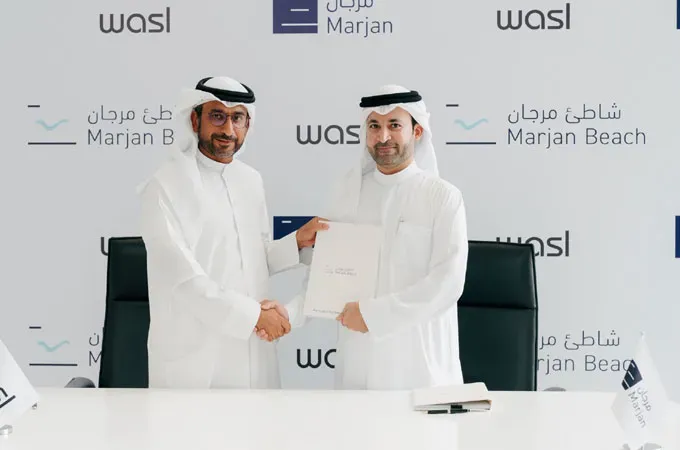Kuwait City – August 24, 2025 - Kuwait’s property sector may be poised for a new wave of activity as foreign investors prepare to enter the market, according to leading real estate expert Qais Al-Ghanim. Speaking in a press statement, Al-Ghanim confirmed that foreign investors can now participate in the Kuwaiti real estate investment sector through corporate investment funds and portfolios, provided they meet the government’s requirements.
Limited Land Availability
Al-Ghanim noted that land ownership in Kuwait is highly restricted. Approximately 92 to 93 percent of land is controlled by the government, while only 7 to 8 percent is held by the private sector. This scarcity creates an extremely limited pool of property available for foreign investment.
He emphasized that since the 1960s, Kuwaiti law has ensured that citizens maintain a dominant role in domestic investment, protecting local participation in real estate and related sectors.
Government Measures to Attract Investors
Despite the historically cautious approach, recent reforms have opened the door for greater foreign involvement. Al-Ghanim explained:
“Recently, the government introduced measures facilitating foreign investment without major obstacles, allowing investors to obtain up to 100 percent ownership in industrial projects within the country, subject to certain conditions. This has contributed to boosting the national economy.”
These changes, particularly in the industrial and investment sectors, are expected to have spillover effects into real estate, as foreign capital seeks opportunities in commercial and residential projects.
Rising Prices a Concern
While welcoming the liberalization, Al-Ghanim also warned of sharp price inflation in Kuwait’s real estate market. He described the surge in land costs as “astronomical”, raising concerns about affordability and sustainability.
“In some areas, the price of a 1,000-square-meter land has reached around USD 9.75 million (KWD 3 million). With construction costs ranging between USD 3.25 million and USD 4.9 million (KWD 1 million–1.5 million), the final price of a completed building could range between **USD 13 million and USD 16.25 million (KWD 4 million–5 million),” he said.
Such steep valuations, Al-Ghanim added, may dampen local investment activity, with domestic investors squeezed out of prime opportunities by escalating costs.
Balancing Investment and Stability
The debate highlights a key challenge for Kuwait’s property market: striking a balance between attracting foreign capital and maintaining domestic stability. While the opening of investment channels may fuel growth, unchecked price rises could risk concentration of wealth and reduced access for local buyers.
Market analysts note that the success of these reforms will depend on regulatory oversight, ensuring that foreign participation enhances rather than destabilizes Kuwait’s property sector.
Broader Economic Impact
Real estate remains one of Kuwait’s most critical non-oil sectors, both as an investment class and as a driver of local development. Allowing foreign participation could inject fresh liquidity, align the market with global standards, and support Kuwait’s broader efforts at economic diversification beyond hydrocarbons.
However, the pressure of high land prices, limited availability, and heavy government ownership means that supply-side reforms may be needed to prevent overheating and to sustain long-term growth.




